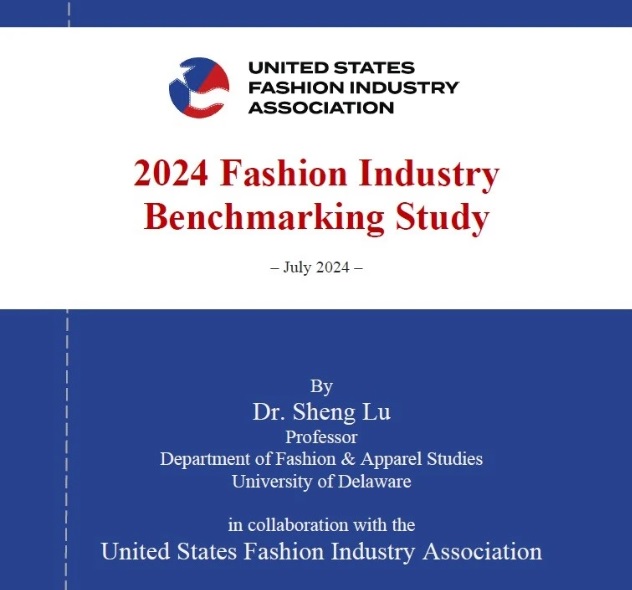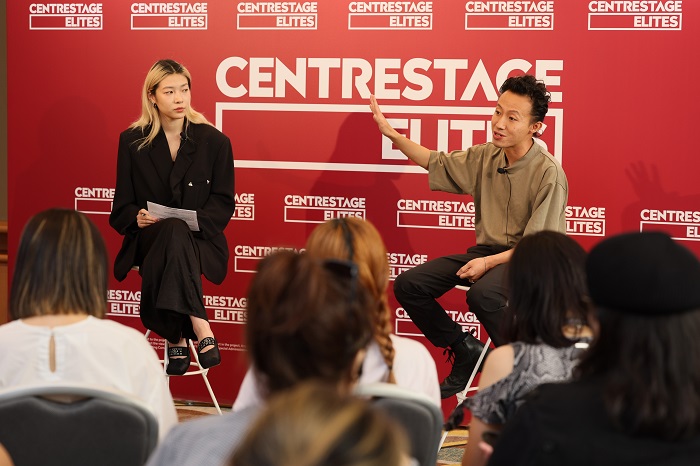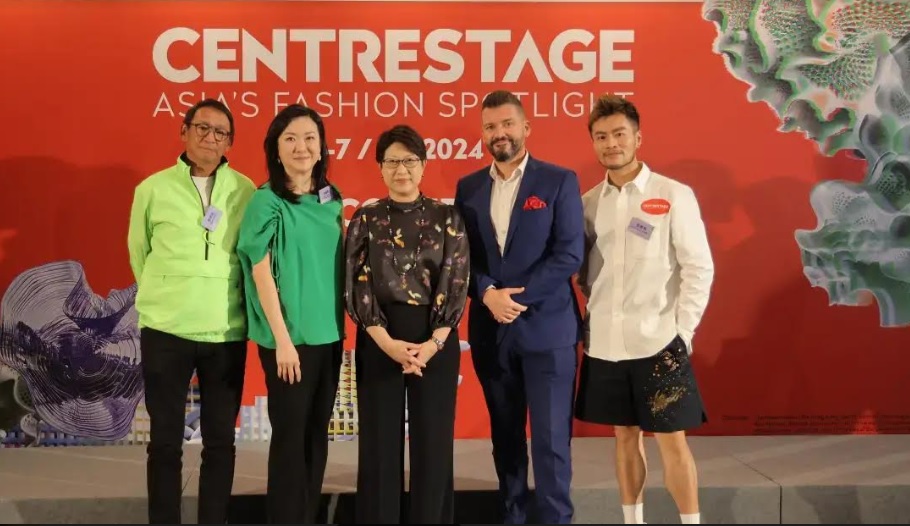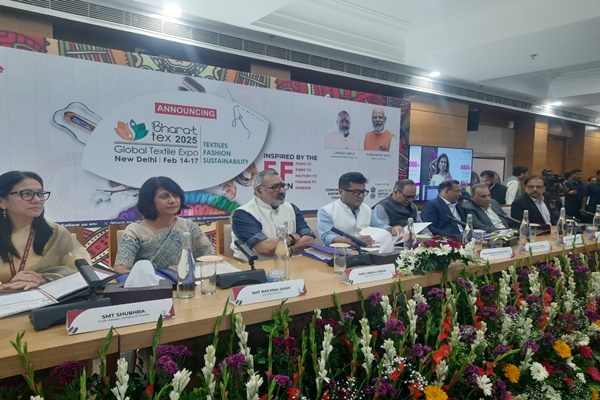
In the USFIA ‘2024 Fashion Industry Benchmarking Study’ led by ShengLu of the University of Delaware, managing forced labor risks has emerged as a principal concern for US fashion companies, competing closely with economic pressures. The study underscores a significant shift in industry priorities as companies navigate heightened regulatory landscapes and ethical sourcing demands.
Increased scrutiny with UFLPA implementation
The enactment of the Uyghur Forced Labor Prevention Act (UFLPA) has intensified compliance efforts among fashion companies. This legislation has brought forced labor issues to the forefront, prompting brands to adopt a range of strategies to mitigate risks within their supply chains. Over 90 per cent of surveyed companies are now mapping their supply chains to uncover and address potential forced labor issues.
Shifting sourcing strategies and emerging alternatives
In response to forced labor concerns, US fashion companies are dramatically altering their sourcing strategies. The study reveals a notable reduction in reliance on China, with a record number of companies sourcing less than 10 per cent of their products from the country. Nearly 80 per cent respondents are actively reducing their sourcing from high-risk nations and exploring new sourcing destinations.
Emerging as prominent alternatives are India and countries within the Dominican Republic-Central America Free Trade Agreement (CAFTA-DR). These regions are gaining traction as viable sourcing hubs as companies seek to diversify their supply chains and reduce dependency on traditionally high-risk areas.
Challenges in the pursuit of ethical sourcing
Despite these efforts, the transition is not without challenges. The report highlights persistent issues such as limited textile raw material availability in CAFTA-DR countries. Approximately 75 per cent of respondents cite this shortage as a significant barrier to expanding sourcing within these regions. Furthermore, transparency and enforcement issues with U.S. Customs and Border Protection (CBP) continue to complicate compliance efforts.
Industry commitment to ethical practices
The 2024 study indicates a strong and growing commitment among USfashion companies to address forced labor concerns and embrace ethical sourcing practices. Nearly 80 per cent companies plan to further reduce their apparel sourcing from China over the next two years. As the industry adapts to these new realities, the focus on ethical sourcing is set to remain a central theme in shaping the future of global fashion supply chains.
The comprehensive approach outlined in the report reflects an industry in transition, navigating a complex landscape while striving to uphold ethical standards in a rapidly evolving regulatory environment.












